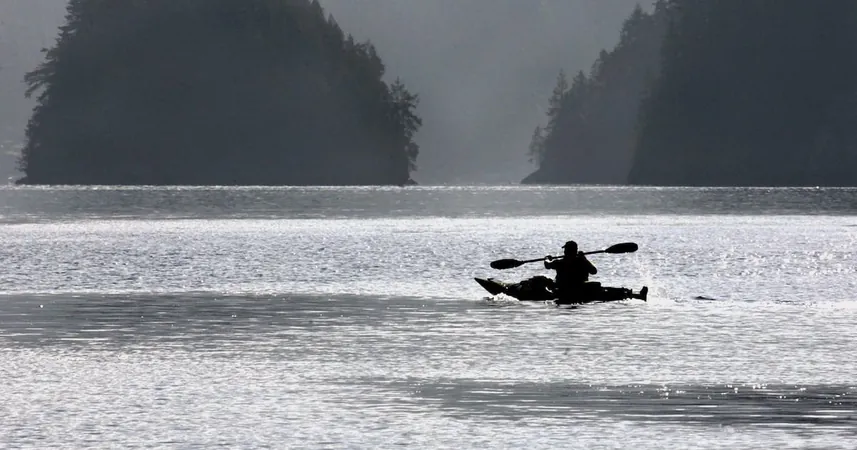
Controversy Erupts as U.S. Outdoor School Seeks Expansion in B.C.
2025-09-19
Author: Emma
A U.S. Adventure Group Faces Stormy Waters in B.C.
For nearly 30 years, the National Outdoor Leadership School (NOLS), a U.S.-based nonprofit, has been providing sea-kayaking courses along the picturesque coasts of British Columbia. However, their recent bid to renew and expand their operational license has ignited a fierce backlash from local communities and First Nations, who are raising alarms over sovereignty and land rights.
First Nations Leaders Raise Concerns Over Sovereignty
Terry Teegee, Regional Chief of the B.C. Assembly of First Nations, stated it was ‘unthinkable’ to allow foreign organizations to lease Crown lands amid a climate where Canada seeks to reinforce its sovereignty against perceived American threats. Teegee emphasized that any commercial access to their lands must come with their consent.
A Distinction Without a Difference?
The B.C. government clarified that NOLS is not seeking leases but rather a ‘license of occupation,’ a move they claim is standard practice—213 similar applications for adventure tourism have been received over the past five years. Yet, First Nations representatives insist that consultation should precede any approval, especially concerning sites that hold significant cultural value.
Unease Over Cultural Sites and Rights
Representatives from the First Nations Leadership Council expressed serious concerns. Hugh Braker from the First Nations Summit noted that any plans potentially impacting Indigenous rights necessitate early consultations, a step that has yet to occur. Mariah Charleson, chief councillor of the Hesquiaht First Nation, stressed that without their involvement, support for such projects is impossible.
NOLS Responds to Backlash
In defense of its operations, NOLS pointed out that it has been conducting wilderness education since 1965 and has operated legally in B.C. since the late '90s. They plan to run a single, small-group kayaking course each year, focusing on safety and environmental responsibility.
Environmental and Political Concerns
Braker also voiced worries regarding environmental impact and local food supply, questioning how NOLS would manage waste in remote areas. With growing tensions around U.S. politics, some community members argue that granting land access amidst such instability is not just risky but ill-advised.
Next Steps: Consultation and Public Input
The B.C. Ministry of Water, Land and Resource Stewardship confirmed that consultation with First Nations is essential and still in its preliminary phases. Furthermore, public input on NOLS’s application will remain open until October 5, giving residents a chance to voice their opinions.
Final Thoughts
As this controversy unravels, the implications for both land rights and community engagement remain at the forefront. Will the interests of those connected deeply to the land be sidelined by external commercial enterprises? The answer may hinge on the ongoing discussions between all parties involved.

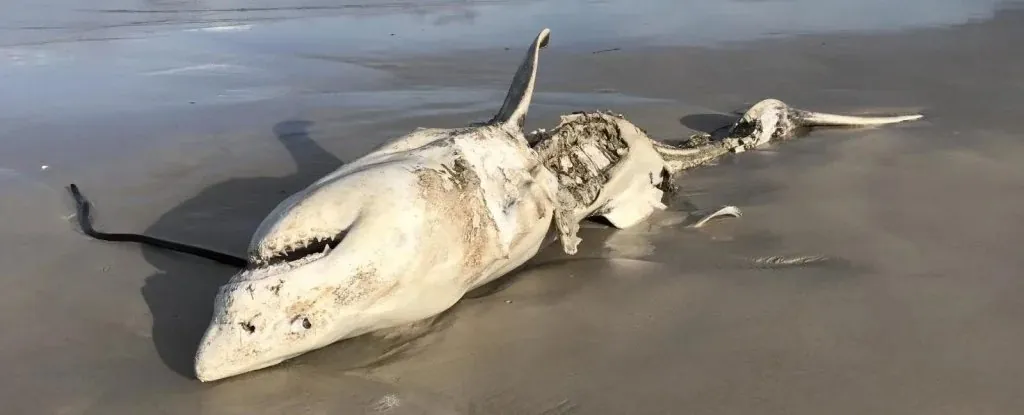
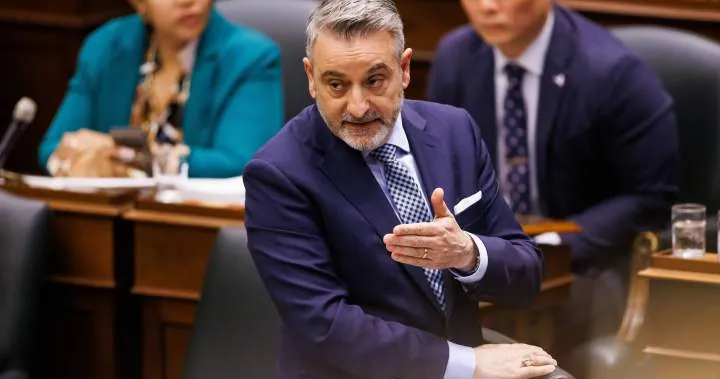
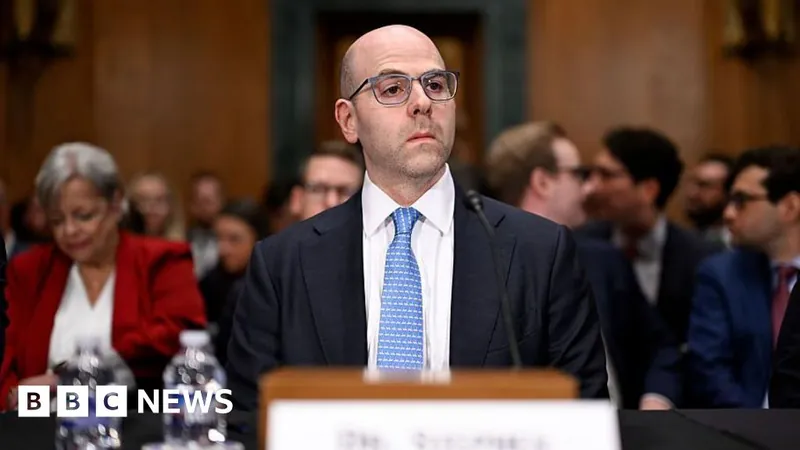


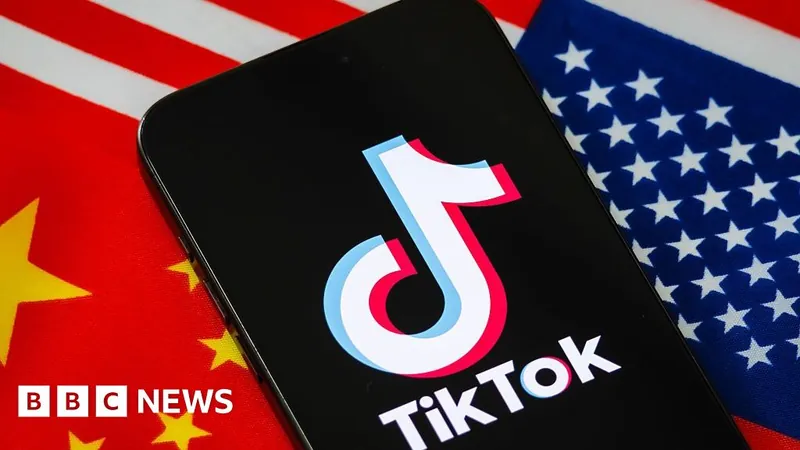
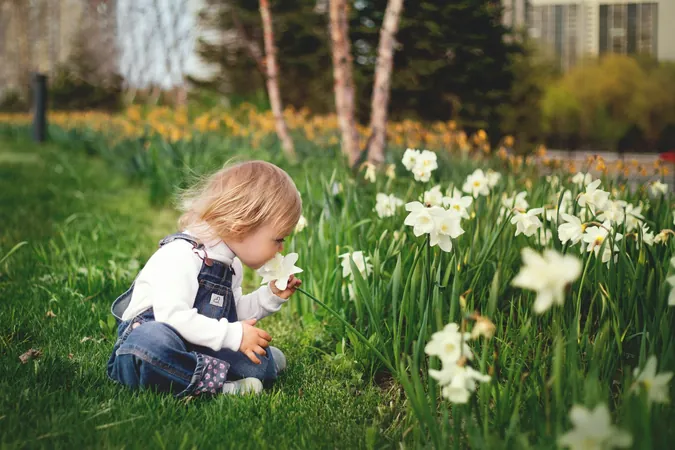

 Brasil (PT)
Brasil (PT)
 Canada (EN)
Canada (EN)
 Chile (ES)
Chile (ES)
 Česko (CS)
Česko (CS)
 대한민국 (KO)
대한민국 (KO)
 España (ES)
España (ES)
 France (FR)
France (FR)
 Hong Kong (EN)
Hong Kong (EN)
 Italia (IT)
Italia (IT)
 日本 (JA)
日本 (JA)
 Magyarország (HU)
Magyarország (HU)
 Norge (NO)
Norge (NO)
 Polska (PL)
Polska (PL)
 Schweiz (DE)
Schweiz (DE)
 Singapore (EN)
Singapore (EN)
 Sverige (SV)
Sverige (SV)
 Suomi (FI)
Suomi (FI)
 Türkiye (TR)
Türkiye (TR)
 الإمارات العربية المتحدة (AR)
الإمارات العربية المتحدة (AR)